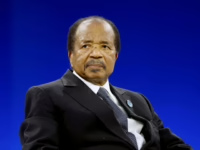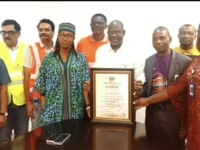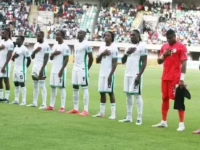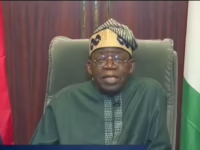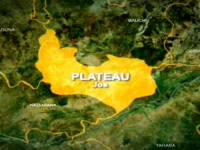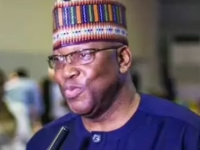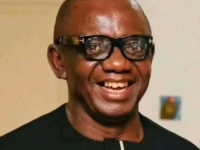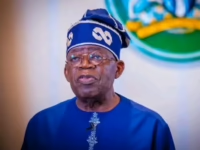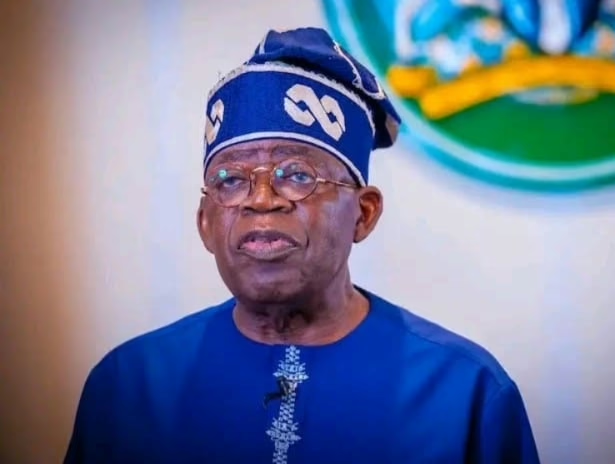The announcement that President Bola Tinubu had issued posthumous pardons to Herbert Macaulay and Major General Mamman Vatsa sparked a variety of responses. While some praised the move as a gesture of political maturity and reconciliation, others criticized it as a hollow act that fails to address the pressing struggles Nigerians face daily, such as economic hardship and food insecurity. Both perspectives hold merit, yet the reality remains that most citizens are more concerned with the rising cost of basic staples like garri than with symbolic acts of forgiveness from the seat of power.
Nonetheless, this particular act of clemency warrants closer examination-not for its ceremonial value, but for what it reveals about Nigeria’s approach to history and justice. The story of Major General Mamman Vatsa is a painful memory for many Nigerians over 40. A soldier and poet known for his sophistication, Vatsa was accused of orchestrating a coup in 1986 during General Ibrahim Babangida’s military regime. His trial was widely condemned as a sham, and many believed he was sacrificed to settle internal military rivalries. His execution was swift and remains a contentious issue decades later.
By granting Vatsa a posthumous pardon, President Tinubu is not attempting to alter historical facts but rather acknowledging that the narrative surrounding Vatsa’s fate was likely unjust. Yet, one must question the practical impact of pardoning someone long deceased. While it may serve to alleviate the state’s moral burden, it offers no solace to Vatsa’s surviving family, who continue to live with the consequences of his loss. This pattern of apologizing only after irreversible harm has been done is all too familiar in Nigeria.
Herbert Macaulay’s pardon is equally intriguing. Convicted by the British colonial authorities in 1913 on charges of financial impropriety during his tenure as a Lagos surveyor, this blemish lingered over his legacy despite his pivotal role in founding Nigerian nationalism. Macaulay passed away in 1946, and nearly eight decades later, a Nigerian president has formally absolved him of a colonial-era conviction.
Such acts of clemency are not unprecedented. Nigerian presidents have historically used their pardon powers to shape their legacies or address political grievances. For instance, President Olusegun Obasanjo freed political detainees, Goodluck Jonathan pardoned his predecessor Diepreye Alamieyeseigha-who once fled London disguised as a woman-and Muhammadu Buhari granted pardons to select convicts in 2022 to commemorate Democracy Day. President Tinubu now continues this tradition.
However, this latest round of pardons is notable for its controversial beneficiaries. Alongside Vatsa and Macaulay, the President also pardoned individuals convicted of corruption, including Farouk Lawan, a former House of Representatives member imprisoned for soliciting bribes during the fuel subsidy scandal; Mrs. Anastasia Nwaobia, a retired Permanent Secretary; lawyer Hussaini Umar; and Ayinla Alanamu. The government claims these individuals have expressed genuine remorse and deserve reintegration. Yet, this raises questions about fairness, especially when ordinary prisoners languish in facilities like Kirikiri for minor offenses such as theft.
Farouk Lawan’s involvement in the 2012 subsidy probe remains a sore point. Caught on camera accepting $500,000 from businessman Femi Otedola, his conviction took nearly ten years to materialize. This delay reflects a system where accountability often begins only when incarceration becomes unbearable for influential figures.
It is important to emphasize that the constitutional authority to grant pardons rests with the president. Nevertheless, the significance of this power diminishes when wielded as a political tool rather than a principled act of mercy. Clemency should honor true rehabilitation, not serve as a reward for status or connections. How can the government justify commuting sentences for some while thousands remain trapped in pretrial detention due to lack of legal representation?
On a more emotional note, President Tinubu also pardoned the Ogoni Nine, including Ken Saro-Wiwa, executed in 1995 under the Abacha dictatorship. This pardon resonated deeply, especially among Niger Delta communities who have long sought national acknowledgment of what they consider judicial murder. Saro-Wiwa’s activism against environmental destruction by oil companies made him a global emblem of resistance, and his execution marked a dark chapter in Nigeria’s history.
While it is commendable that the President conferred national honors on the Ogoni Four who were killed earlier, the pressing question remains: what follows beyond official statements and photo opportunities? The Niger Delta continues to suffer from severe pollution, with rivers blackened and farmlands contaminated. The environmental cleanup promised since 2016 progresses at a glacial pace, leaving communities to endure ongoing hardship.
One might argue that these pardons aim to foster national reconciliation, which is a worthy goal given Nigeria’s many unresolved grievances. Yet, true healing cannot be achieved through selective forgiveness. Genuine justice requires systemic reforms-overhauling a judiciary that disproportionately convicts the poor, addressing overcrowded prisons filled with detainees awaiting trial for years, and confronting issues of police brutality and wrongful convictions. Perhaps it is time to prioritize forgiving the living before extending clemency to the deceased.
The official statement also noted that 82 inmates received pardons and 65 had their sentences reduced, with seven death sentences commuted to life imprisonment. While this appears merciful on paper, it underscores the deep flaws in Nigeria’s justice system. Many of these prisoners are casualties of a system that criminalizes poverty, with some serving longer than their original sentences due to lost case files or bureaucratic inefficiencies.




